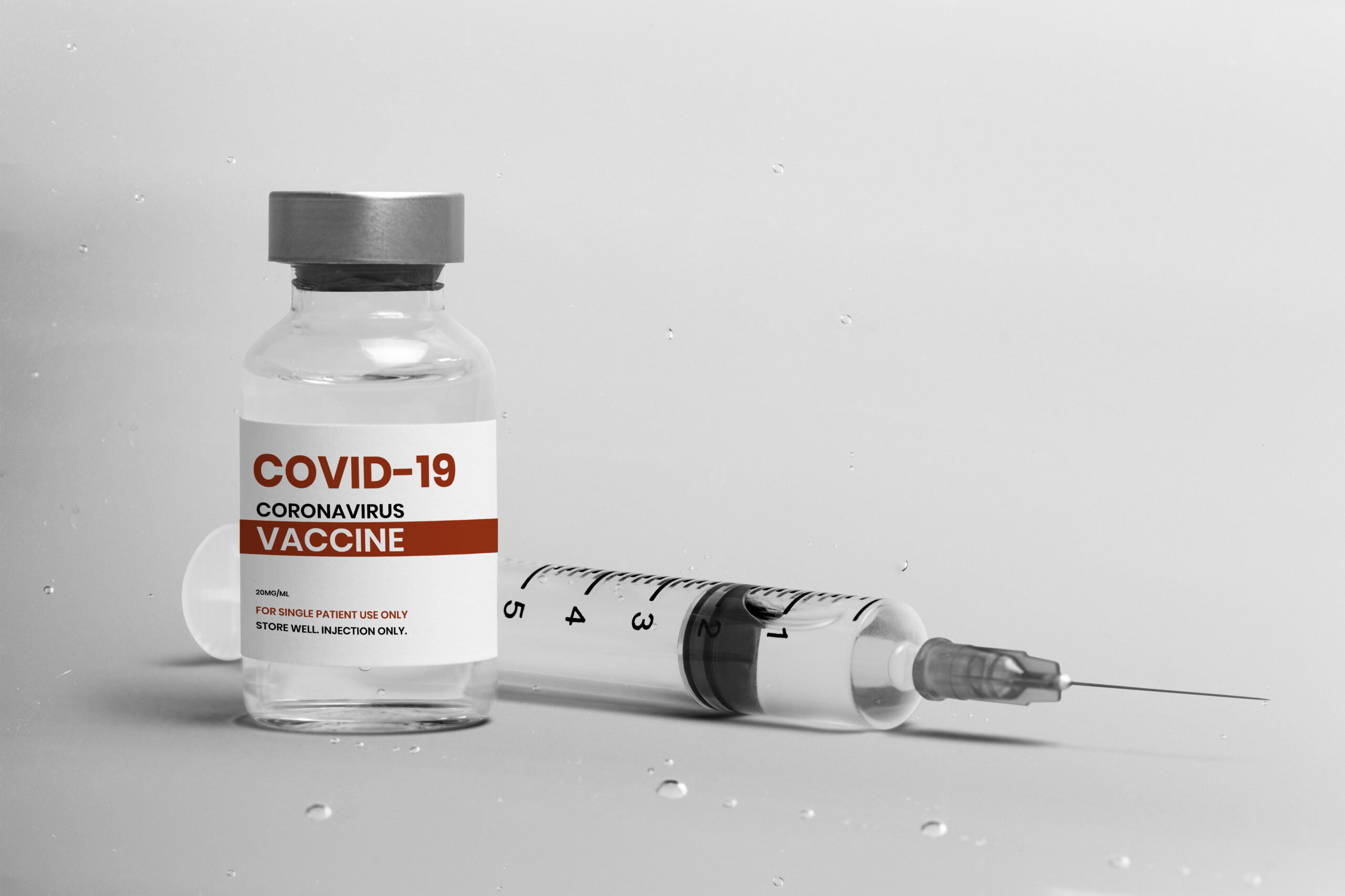
The coronavirus disease is an infectious disease caused by the SARS-CoV-2 virus. It was first reported to the World Health Organization on the 31st of December, 2019 in Wuhan, China.
Mild to moderate respiratory illness may be experienced by most people infected with the virus, and may recover without requiring special treatment. However, some will become seriously ill and require medical attention.
The virus can spread from an infected person’s mouth or nose in small liquid particles when they cough, sneeze, speak, sing or breathe, and also when people touch surfaces that have been contaminated by the virus. A person can then be infected when aerosols or droplets containing the virus are inhaled or come directly into contact with the eyes, nose, or mouth.
The virus can also spread in settings that are poorly ventilated and/or crowded, where people tend to spend longer periods of time. This is because aerosols remain suspended in the air or travel farther than 1 metre (long-range).
Older people and those with underlying medical conditions like cardiovascular disease, diabetes, chronic respiratory disease, or cancer are more likely to develop serious illness though anyone can get sick with COVID-19 and become seriously ill or die at any age.
People are affected in different ways by COVID-19;
Most common symptoms include fever, cough, tiredness, and loss of taste or smell.
Less common symptoms include sore throat, headache, aches and pains, diarrhoea, a rash on skin, or discolouration of fingers or toes, and red or irritated eyes.
Serious symptoms include difficulty breathing or shortness of breath, loss of speech or mobility or confusion, chest pain, inability to wake or stay awake, and pale, gray or blue-coloured skin, lips, or nail beds, depending on skin tone.
On average it takes 5–6 days from when someone is infected with the virus for symptoms to manifest, however it can take up to 14 days.
People with mild symptoms who are otherwise healthy should manage their symptoms at home.
If you suspect you might have been infected, you may use this self checker tool to assess your symptoms. However, if you have serious symptoms, seek immediate medical attention. Always call before visiting your doctor or health facility though.
WHO recommends regular appropriate washing of hands with soap and water or cleaning of hands with alcohol-based hand rub. Also, ensure you stay at least 1 metre apart from others, even if they don’t appear to be sick. In addition, wear a properly fitted mask when physical distancing is not possible or when in poorly ventilated settings. Other preventive actions you should take include choosing open, well-ventilated spaces over closed ones; opening a window if indoors; covering your mouth and nose when coughing or sneezing; and getting vaccinated when a vaccine is made available to you.
Furthermore, quarantine if you have been in close contact (within 6 feet of someone for a cumulative total of 15 minutes or more over a 24-hour period) with someone who has COVID-19, unless you have been fully vaccinated or have symptoms after full vaccination. However, fully vaccinated people should get tested 3-5 days after their exposure, even if they don’t have symptoms and wear a mask for 14 days following exposure or until their test result is negative. While quarantining, watch for fever (100.4◦F), cough, shortness of breath, or other symptoms of COVID-19 until 14 days after exposure. Interestingly, you may be able to shorten your quarantine;
- after day 10 without testing, and/or
- after day 7 of receiving a negative test result (test must occur on day 5 or later).
However, if you feel unwell or feel you have been infected with the virus with or without symptoms, immediately self-isolate until you recover and contact your local public health authority or healthcare provider.
For testing in view of a planned travel or general testing in Nigeria, you can reach out to the Nigeria Centre for Disease Control (NCDC) through these channels;
NCDC Toll Free Number: 6232
WhatsApp: +2347087110839
SMS: +2348099555577
Twitter: @NCDCGov
You can also call your State Emergency Contact number
For situation reports and updates especially as it concerns Nigeria, kindly visit the NCDC COVID-19 site
For global COVID-19 situation reports, please click here
Avoid the “3Cs”;
- Crowded places,
- Close-contact settings, especially where people have conversations very near each other, and
- Confined and enclosed spaces with poor ventilation.
The risk of COVID-19 spreading is especially high in places where these “3Cs” overlap and in health facilities where people are receiving treatment for COVID-19 especially during medical procedures called aerosol generating procedures. Meet people outside. Outdoor gatherings are safer than indoor ones, but if indoor, open window(s) to increase the amount of natural ventilation.
Wear a mask: Wear a well-fitting three-layer mask, especially when you can’t maintain physical distancing or when indoors with others. Clean your hands before putting on and taking off a mask.
Keep your distance: Stay at least 1 metre away from others, even if they don’t appear to be sick, since people can have the virus without having symptoms.
Avoid touching surfaces, especially in public settings or health facilities, in case people infected with COVID-19 have touched them. Clean surfaces regularly with standard disinfectants.
Practice respiratory etiquette, for example, by covering your coughs and sneezes with a bent elbow or tissue and throwing used tissues into a closed bin immediately.
Don’t forget the basics of good hygiene by frequently cleaning your hands with soap and water, or an alcohol-based hand rub.
Get vaccinated: When it’s your turn, get vaccinated. Follow local guidance and recommendations about vaccination.
Follow local guidance: Check to see what regional, national and local authorities are advising so you have the most relevant information for necessary action.
